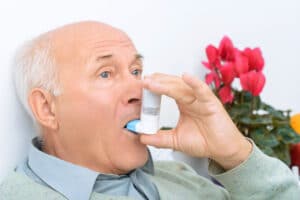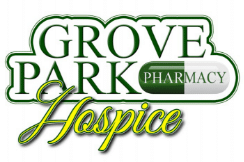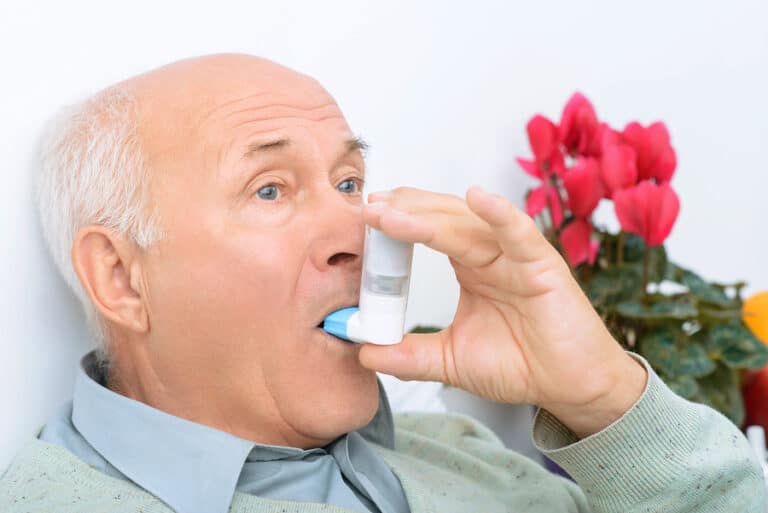COPD is a progressive illness and as it gets worse, your aging family member may find that daily life is more of a struggle. Finding ways to help her to manage how she’s feeling and what she needs could involve investigating end of life care services and how it can help your senior to be as comfortable and as supported as possible.
When Shortness of Breath Is Consistent and Medication is not Working
Shortness of breath is extremely common for people who have COPD. But typically that shortness of breath comes and goes. There may have been some activities your senior could do without experiencing shortness of breath much at all. If that’s suddenly something she’s battling all the time, she may want to consider end of life care.
Often people with COPD use bronchodilators and other medications to help keep their airways open and to manage shortness of breath. At some point, those medications will no longer be effective for your senior, however. When that happens, other treatments may need to take center stage and comfort may need to be the priority.
When it’s Obvious the Disease Is Progressively Getting Worse

As your senior’s COPD worsens, she may be in the hospital more often, even for extended visits. She may be far more susceptible to lung infections and other illnesses. And it may be more difficult for her to eat and maintain her weight. All of these signs are indications that her COPD may be getting worse than she is able to handle for much longer.
When Oxygen Is a Continuous Need and ADLs are Becoming Difficult
Many people in the later stages of COPD find themselves using oxygen occasionally or at night. This helps with comfort and it also helps your senior to continue some of her activities. If your elderly family member gets to a point where oxygen is something that she needs continually, it may be time to consider end of life care.
ADLs, or activities of daily living, are activities that your senior performs every day as a part of living her life. Some of these activities include getting dressed, bathing, and even eating and preparing meals. As COPD worsens, it may be more and more difficult for your senior to perform these activities without help. End of life support ensures that she has the help that she needs and is comfortable as much as possible.
When Her Doctor Assesses Her Life Expectancy to Be Less Then End of Life Care can Step in
At some point, your elderly family member’s doctor is likely to talk with her about her life expectancy. When that becomes measurable in months, usually six months or less, end of life care is a good option to consider. This type of care can help you and your senior to deal with the changes that are quickly coming her way.
Ultimately, there’s no wrong time to consider end of life support for your senior. Looking ahead to what she may need and how this type of care can help her is an important part of helping to meet her needs.
If you or your aging loved one could benefit from End of Life Care Services in Cope SC, contact the caring staff at Grove Park Hospice, at (803)536-6644.
Providing Hospice & Palliative Care in Orangeburg, Bamberg, & Calhoun Counties
- What Is Terminal Lucidity and How Does End of Life Care Help? - October 20, 2023
- Strategies for Family Caregivers to Manage Anticipatory Grief - October 9, 2023
- Tips for Speaking at a Family Member’s Funeral - September 25, 2023



